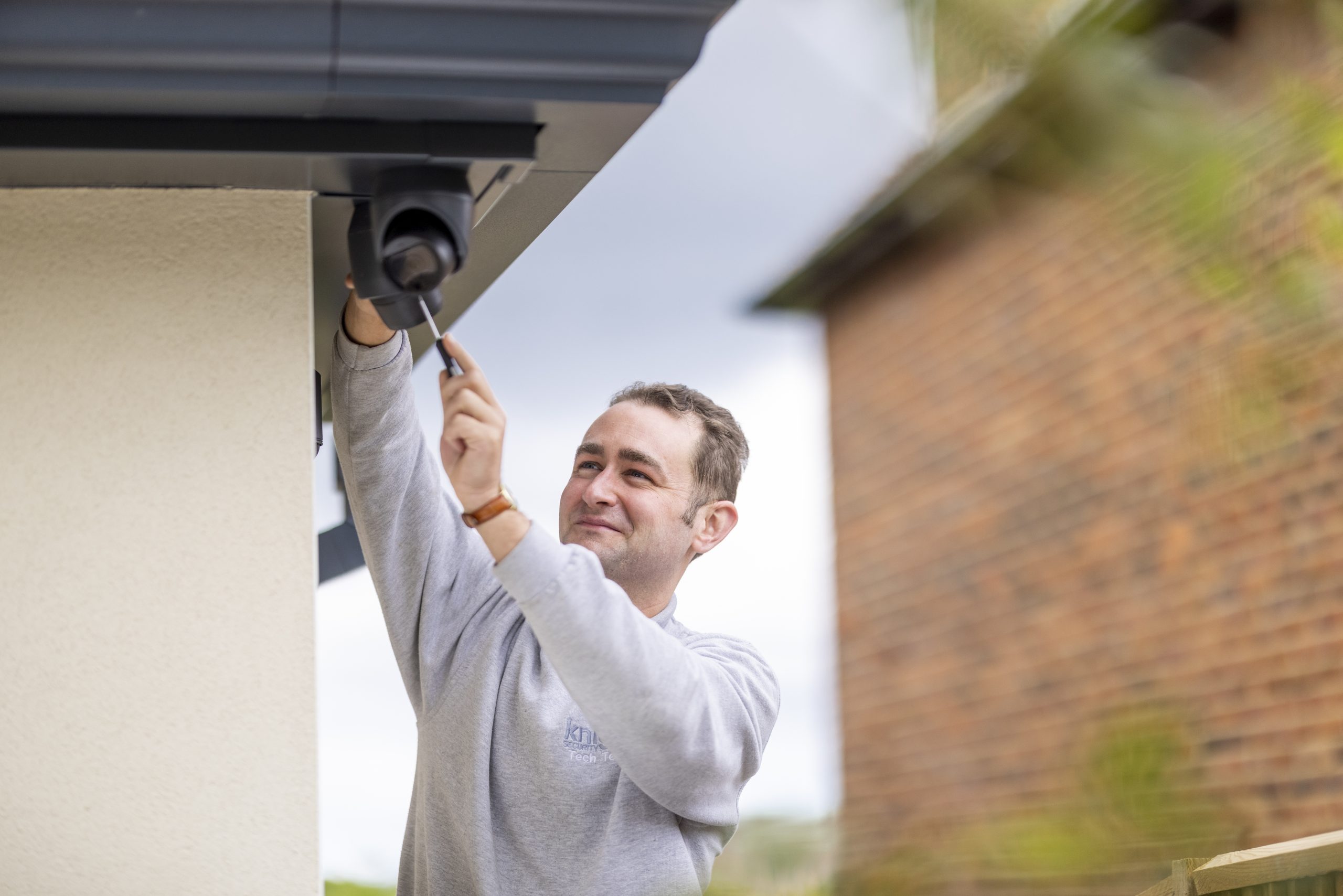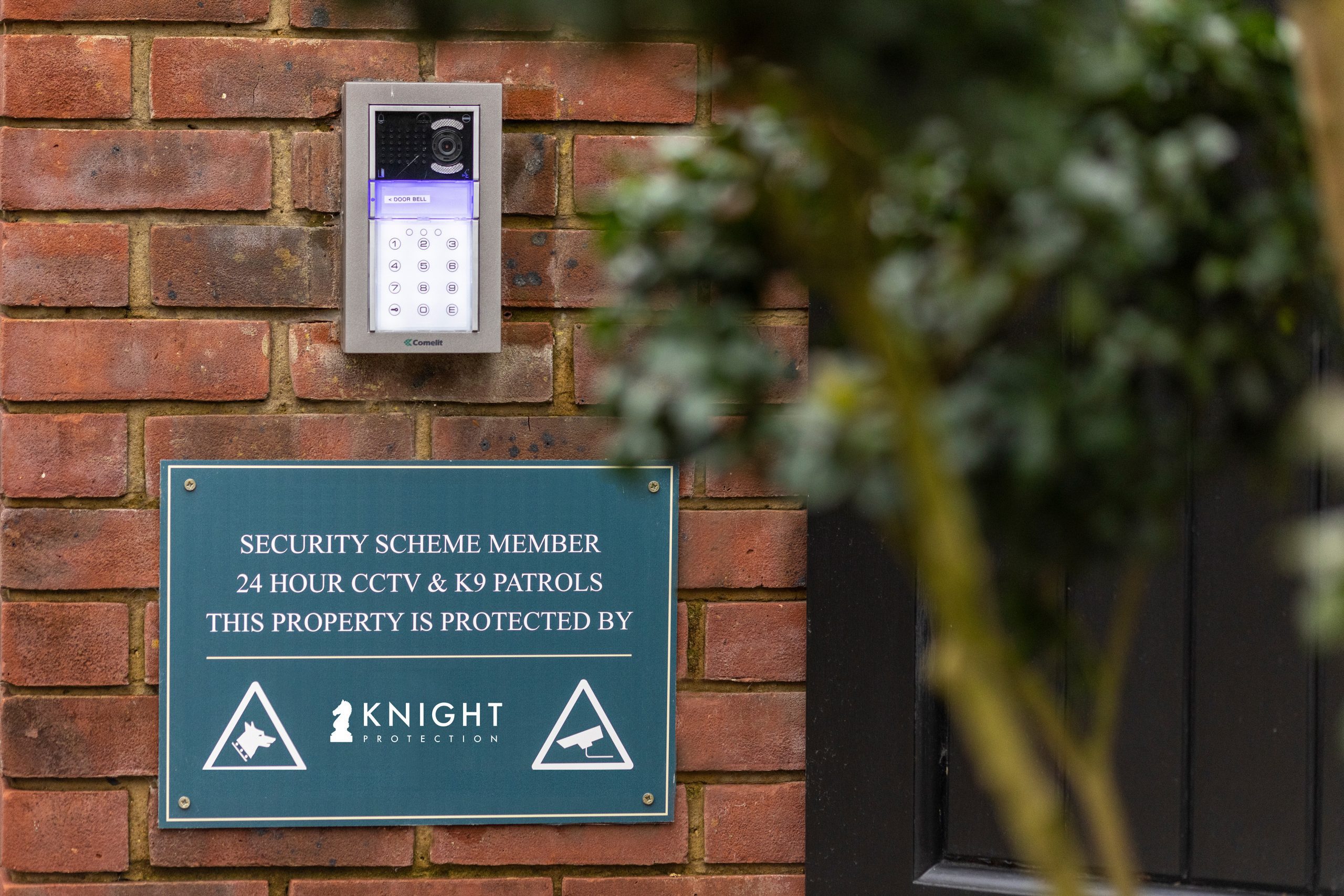For Ultra and High Net Worth Individuals, security is about far more than alarms and locks, it’s about peace of mind, discretion, and ensuring every vulnerability is accounted for. A home security strategy should be as dynamic and sophisticated as the lifestyle it protects. Asking the right questions is the first step toward ensuring your security solution is robust, reliable, and future proof.
Here are five essential questions you should be asking about your home security:
1 How often should I review my home security system?
Threats evolve, technology advances, and your lifestyle may change over time. As security strategies mitigate risks, burglars and organised crime groups adapt their tactics, requiring security systems and strategies to evolve once again. What was sufficient two years ago may no longer meet today’s standards. For HNWIs and UHNWIs, we recommend a comprehensive security review at least annually, with interim assessments following significant life events such as property purchases, relocations, or changes in household staff.
In addition to reviewing procedures and risks, you should also ask about the lifecycle of your technology. Security systems rely on hardware and software that can quickly become outdated. As a rule of thumb:
– Software and firmware should be updated as soon as new patches are available.
– Core hardware (such as cameras, sensors, and control systems) should typically be replaced or upgraded every 5 years, or sooner if vulnerabilities are identified.
– Specialist technology (such as biometric access control or smart-home integrations) should be reviewed regularly to ensure it meets both your needs and current security standards.
A proactive approach prevents vulnerabilities and ensures your security infrastructure keeps pace with modern threats.


2 Do I have an effective response plan in place?
Even the most advanced system is only as strong as the response it triggers. An effective plan should address:
– Immediate communication protocols
– Coordination with trusted security officers and emergency services
– Procedures for protecting family members and staff during an incident
Without a tested, rehearsed response plan, even the best technology can leave critical gaps.
3 What should I be asking my security provider?
Unfortunately, high-value homes and their families, are at more risk to burglary and vehicle theft than the average home. You need a security provider that understands the unique level of risk and one that can provide the discretion and professionalism that you and your family need. To separate true security specialists from general service companies, you should ask:
– Do you subcontract to third parties, or are all officers employed directly?
– What is your average response time, and how do you guarantee it?
– How do you select and vet your officers?
– Do you have in-depth experience working with high-value homes and understand the risks to these homes and their families?
– What accreditations, certifications, and industry affiliations do you hold?
These questions reveal the professionalism, transparency, and calibre of your provider.
4 Are all my family members security conscious and prepared?
The strongest system can be undermined by human behaviour. It’s vital that every member of the household, not just principals, understands their role in security. This includes:
– Knowing what to post (and what not to post) on social media
– Recognising suspicious approaches or unsolicited contact
– Understanding who to call in an emergency
– Using a family “safe word” to confirm authenticity in stressful situations
– Practising simple response protocols for different scenarios (e.g., burglary, fire, or medical emergencies)
A well-briefed family is a resilient family. Awareness and training create the human layer of defence that technology cannot replace.
5 Am I protecting against both the likely and the unexpected?
Most homeowners think about burglary, but UHNWIs face a broader spectrum of risks, ranging from targeted organised crime and kidnap threats to reputational damage via social engineering. A tailored security strategy should go beyond the obvious, anticipating low-probability, high-impact risks.
Your home security should evolve with you. By asking the right questions and demanding rigorous answers, you can ensure your household remains protected against both current and emerging risks.